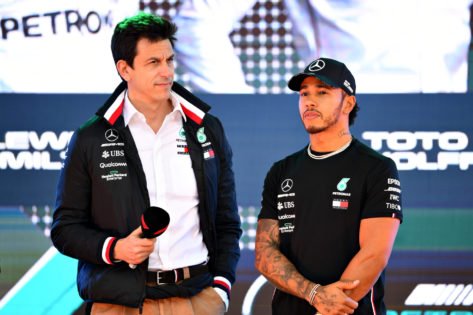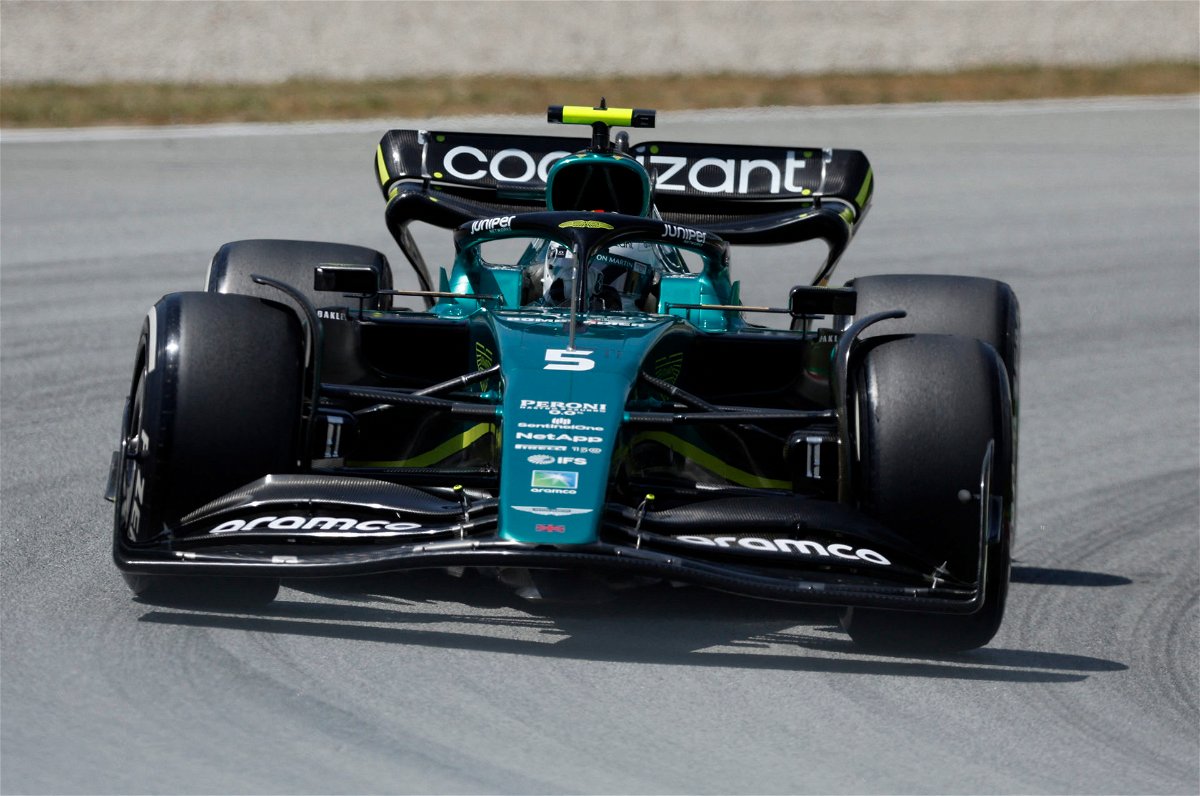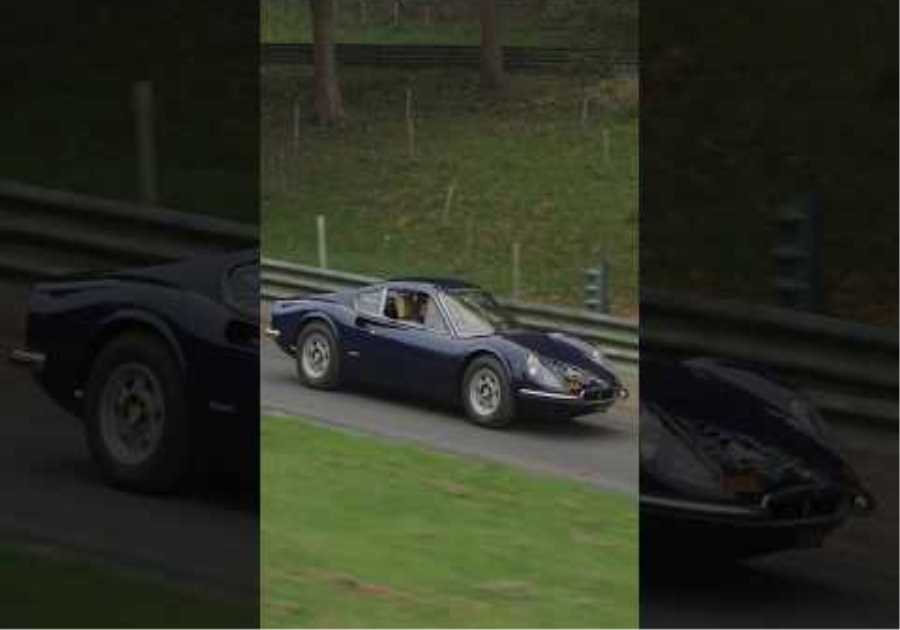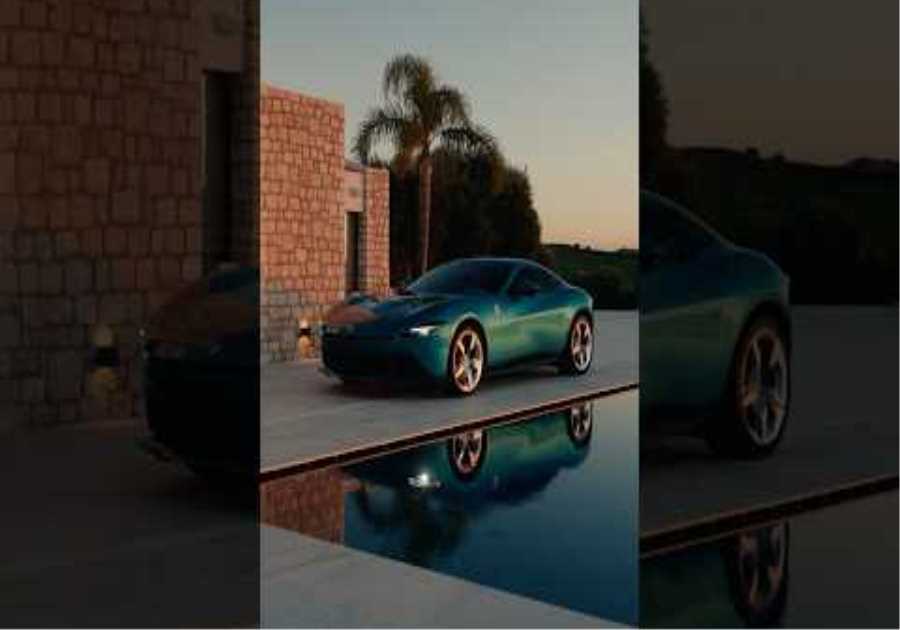
The FIA Technical directors Pat Symonds and Nikolas Tombazis addressed the success of the 2022 technical rules. They mentioned that the purpose of ground-effect rules was fulfilled. But we may not achieve complete zero turbulence behind the cars. Nonetheless, these rules have given us a new competitive order. But they also gave Lewis Hamilton and Mercedes several problems to resolve.
ADVERTISEMENT
Article continues below this ad
Lewis Hamilton might have been quite downbeat, looking at his 2022 results. And for the first time in 8 years, Mercedes just won one race in the whole season. While it was uncharacteristic for the boys from Brackley, they had their issues on the W13.
ADVERTISEMENT
Article continues below this ad
The most profound issue was the bouncing of the car. Termed as porpoising, it restricted Mercedes to find more pace on its car with the new ground effect concept. Although the 2023 technical modifications by the FIA might be of good use for the Silver Arrows.
As per Auto Motor und Sport, the FIA is raising the edges of the underbody upwards by 15 mm. The result of these raised floor edges will be a loss of 15 to 20 points of downforce. Symonds and Tombazis said that they had suggested this to the teams in 2022 as well.
Formula One F1 – Monaco Grand Prix – Circuit de Monaco, Monte Carlo, Monaco – May 28, 2022 Mercedes’ Lewis Hamilton during qualifying REUTERS/Benoit Tessier
They said, “We were concerned that the cars would drive very low and the edges of the ground would be damaged too often. It was more a matter of saving costs. The teams rejected it because our suggestion came at too short notice.” [translated via Google]
The Brackley team might compensate for the loss of downforce with their car development. But there is a catch. The FIA has also banned the deflectors that Mercedes used in Austin on their front wing. They reasoned, “In this idea I see a risk that it could go the wrong way if the idea is pursued and pushed to the limit.”
DIVE DEEPER

These wing updates were helping Hamilton and Mercedes to develop a good pace since the US Grand Prix. Though developing front-wing and rear-wing updates might defeat the purpose of the ground effect rules is what the FIA thinks.
Along with Mercedes Deflectors, FIA bans Aston Martin Rear Wing
Aston Martin introduced a beaded rear wing concept at the Hungarian GP. This rear wing was similar to 2021 wings with an end plate-like structure at the edges. Aston was looking to gain an advantage from this wing at higher downforce tracks.

Formula One F1 – Spanish Grand Prix – Circuit de Barcelona-Catalunya, Barcelona, Spain – May 20, 2022 Aston Martin’s Sebastian Vettel in action during practice REUTERS/Albert Gea
While the FIA allowed Aston to use this wing for 2022, they have banned it from the next year. As they are looking to eliminate past wing concepts to reduce turbulent air behind the cars for better racing.
Another major update for 2023 is the size of the rear-view mirrors. The 2023 cars will have 50% more mirror surface with dimensions of 220 mm width and 60 mm height. There was a premise of a camera mirror too with a screen on the steering wheel. But Tombazis explained that these are future concepts and dangerous to implement now.
ADVERTISEMENT
Article continues below this ad
On the other hand, DRS (Drag Reduction System) will remain in F1 as it is still needed for overtaking assistance. Though the FIA has considered reducing the effectiveness of DRS at some tracks, where overtaking has become too easy (say: Spa-Francorchamps).
ADVERTISEMENT
Article continues below this ad
Watch This Story: Timeline of the Controversial Jewelry ban and the Lewis Hamilton face-off with the FIA
Time will tell how all these technical updates will be effective next year. Nonetheless, Lewis Hamilton and Mercedes will want to start on the right foot in Bahrain in less than 3 months’ time. What do you think? Will the 2023 Mercedes car get free of all the 2022 issues?






